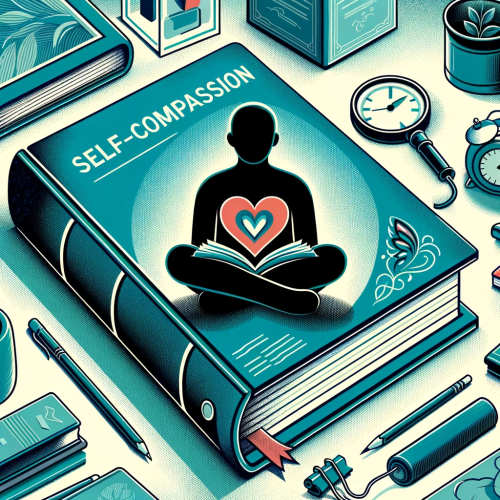Self-Compassion: The Key to Better Emotional Health and Well-Being Among Turkish University Students
Yayın Tarihi | 29 March 2024, Friday
As a significant step forward in understanding the mental health landscape of Turkish university students, a recent cross-sectional study led by Gökmen Arslan sheds light on the complex relationship between dysfunctional parental modes, self-compassion, emotional distress, and subjective well-being. This study, which involved 395 students from various public universities in Turkey, offers insights that could revolutionize approaches to mental health and well-being in educational settings.
The Complex Web of Parental Influence and Self-Compassion
Dysfunctional parental modes characterized by punitive and demanding behaviors often effectively create a negative inner voice that leads individuals to feel worthless or undeserving of love. These internalized voices, stemming from childhood experiences, have a significant impact on social-emotional functionality and mental health in adulthood. Students raised in such environments often experience higher levels of emotional distress, anxiety, depression, and low self-esteem, increasing their risk of substance addiction and other risky behaviors by affecting their ability to form healthy relationships.
However, the study reveals a beacon of hope in self-compassion; this concept involves being kind and understanding towards oneself in the face of personal inadequacies and difficult situations. This practice, rooted in self-kindness, mindfulness, and a sense of common humanity, encourages emotional resilience by providing individuals with the opportunity to accept and forgive themselves.
Main Findings: The Mediating Role of Self-Compassion
The research findings indicate a significant relationship between dysfunctional parental modes and emotional distress in university students. However, more importantly, it emphasizes the mediating role of self-compassion. Self-compassion is not only negatively associated with emotional distress but also positively affects subjective well-being. It serves as a cushion mitigating the negative effects of dysfunctional parental modes on students' emotional health and well-being. Essentially, self-compassion partially mediates the relationship between dysfunctional parental modes and emotional distress and fully mediates its impact on subjective well-being.
While the study marks a critical step, it acknowledges certain limitations. Relying on self-report tools can lead to potential biases, and the random sampling method may raise questions about generalizing the findings to all Turkish university students. To address these limitations, future research could adopt various data collection methods, including qualitative studies and longitudinal research, to facilitate a deeper understanding of these relationships.
Implications for Mental Health Practices
Despite its limitations, the study's findings carry significant implications for mental health practices in educational settings. By integrating self-compassion strategies into counseling processes and classroom activities, mental health professionals can enhance students' abilities to manage emotional distress and improve their overall well-being. Incorporating mindfulness and self-kindness strategies can help them more effectively manage difficult situations like dysfunctional family histories.
Conclusion: Embracing Self-Compassion for Enhanced Well-Being
In conclusion, the study underscores the importance of self-compassion as a resilience factor in improving emotional health and subjective well-being among university students. By embracing self-compassion, students can develop a healthier relationship with themselves to cope with the challenges posed by dysfunctional family histories. This research paves the way for a more compassionate approach to mental health by emphasizing the need to incorporate self-compassion into therapeutic processes for a more holistic approach to student well-being.
Diğer Haberler













